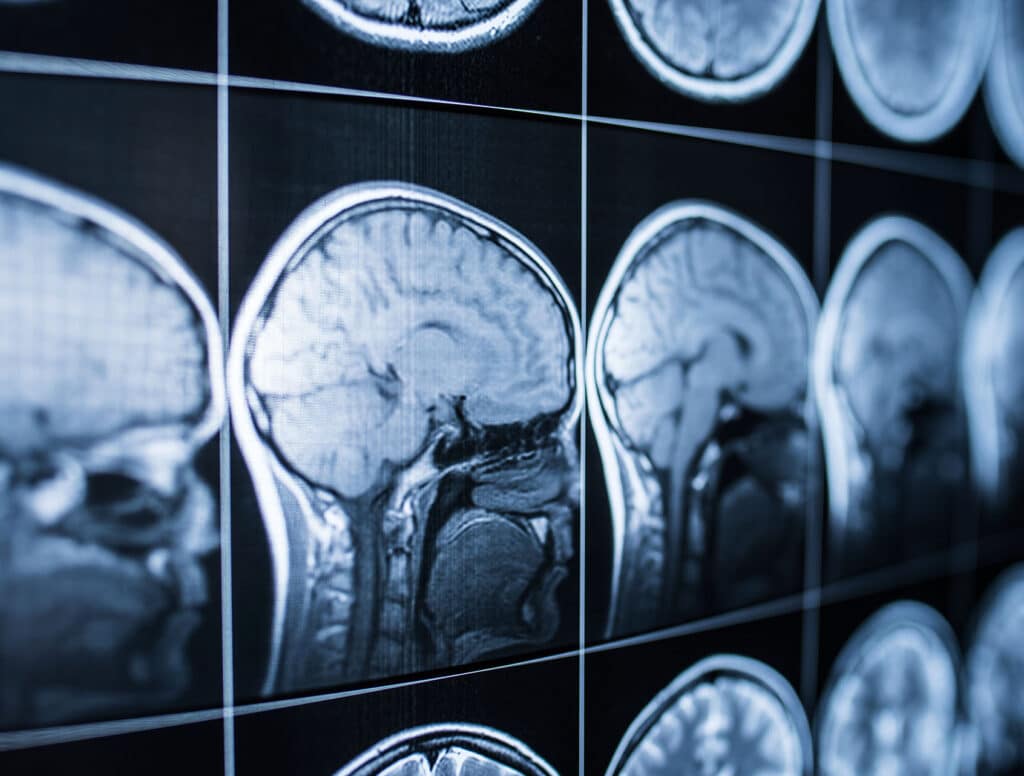What Are the Long-Term Complications From a Traumatic Brain Injury?
Traumatic brain injuries (TBIs) that are the result of motor vehicle accidents, falls, sports injuries, military combat, or assaults can have long-lasting consequences for brain health. The more severe an injury, the more likely it will have permanent effects. However, even mild TBIs can take weeks or months to heal completely and cause serious disruptions to daily life.
Whether complications will arise from TBI depends on several factors, including the severity of the damage, the location of the injury, and the age of the patient at the time the injury occurred. In some cases, TBIs are immediately obvious, while others take a few days or weeks to appear. For this reason, it’s important to be evaluated by a medical professional promptly following any suspected injury to the head.
What Determines the Severity of a Traumatic Brain Injury?
According to the Brain Injury Association of America, one in 60 Americans is living with the effects of a permanent brain injury. Approximately 2.8 million people in the United States will be diagnosed with a TBI this year. Traumatic brain injury occurs when the head is forcefully struck or jolted, or when the brain is penetrated by pieces of the skull or a foreign object, such as a bullet.
TBI causes physical damage to the brain and changes its ability to function normally. These changes may be temporary or permanent and can cause physical, cognitive, emotional, and behavioral symptoms to emerge.
Types of Traumatic Brain Injuries
TBIs are classified as mild, moderate, or severe, depending on the amount of damage sustained by the brain.
- Mild: A mild TBI, also called a concussion, leads to no loss of consciousness or a brief loss of consciousness, vomiting, lethargy, and temporary memory loss.
- Moderate: Moderate TBIs involve loss of consciousness lasting up to 24 hours. Injuries to the brain are more likely to show up on imaging tests, and there may be clear signs of brain trauma.
- Severe: This has loss of consciousness lasting longer than 24 hours, along with persistent and severe symptoms.
Injury Location
Thelocation of a TBI often determines how a patient is affected by brain damage since different areas of the brain control different functions:
- Trauma to the forehead can cause problems with reasoning, problem-solving, judgement, planning, and impulse control. Patients with frontal lobe damage may exhibit risky or inappropriate behavior.
- The left side of the brain is responsible for logic, speech, and understanding language. Patients with left-side TBI often have trouble communicating and/or understanding others.
- Right-sided damage to the brain can impact visual information processing and the ability to perform otherwise familiar tasks, such as brushing your teeth and making a sandwich.
Patient Age
A patient’s age at the time they sustain a TBI can also determine their long-term prognosis. In children, a TBI interrupts developmental milestones and can limit future ability to participate in school and other activities. Children may face changes to their overall health, thinking, and behavior, as well as experience learning difficulties, problems with self-regulation, and struggles in socializing with others their age.
For older adults, a TBI diagnosis may be missed or delayed because many of the symptoms mirror those of age-related dementia. Additionally, the use of blood thinners commonly used by aging patients increases the risk of bleeding inside the brain after a head injury. This puts older Americans at increased risk for severe injury or even death.
What Are the Longterm Outcomes for Traumatic Brain Injury Patients?
Traumatic brain injury causes bruising, bleeding, and tearing of the tissue of the brain. Long-term complications are both physical and psychological, and TBI sometimes results in death. Most symptoms of mild TBIs eventually resolve on their own with time and rest. However, moderate to severe injuries can leave patients with lifelong disabilities, requiring ongoing care to continue the recovery process.
Symptoms
Patients who suffer a moderate or severe TBI may experience the following symptoms for a short period of time or permanently:
- Loss of consciousness
- Persistent headaches
- Nausea or vomiting
- Seizures
- Dilated pupils in one or both eyes
- Clear fluid that drains from the nose or ears
- Inability to wake up
- Weakness or numbness in the fingers and toes
- Loss of balance and coordination
- Confusion
- Agitation
- Mood swings
- Slurred speech
- Memory loss
- Changes to vision
- Fatigue
- Paralysis
- Cognitive impairment
- Difficulties with problem-solving
- Insomnia
Medical Conditions
In addition to ongoing symptoms from TBI, some patients develop complex medical conditions that require long-term medical treatment, including:
- Hydrocephalus: Cerebrospinal fluid collects in the brain, leading to increased swelling and pressure.
- Infections: Penetrating TBIs allow bacteria to enter the brain, causing infections like meningitis, which can spread to the rest of the nervous system if left untreated.
- Blood vessel damage: Ruptured blood vessels from a TBI can lead to stroke, blood clots, and other complications.
- Persistent post-concussive syndrome: Ongoing symptoms of concussion or mild TBI that last for an extended period of time, including headaches and dizziness, may be a sign that a patient has developed persistent post-concussive syndrome.
- Facial paralysis: Injuries to the base of the skull affecting the cranial nerves can result in paralysis of the facial muscles or loss of sensation in the face.
- Degenerative diseases: Some research suggests that severe or repeated TBIs increase the risk of degenerative brain diseases such as Alzheimer’s, Parkinson’s disease, and dementia pugilistica.
- Hemorrhage progression of a contusion (HPC): This condition occurs when initial bruising from a TBI continues to bleed into and around the brain. Increased pressure on the brain from pressing against the skull damages brain cells, prevents blood flow to the brain, and deprives it of oxygen.
- Coma: Patients in a coma are unconscious and unaware of their surroundings. They don’t respond to physical stimulus, such as being touched. Coma is typically the result of damage to the entire brain.
- Vegetative state: Patients in a coma either come out of the coma or enter into a vegetative state. While still unaware of their surroundings, patients may open their eyes, make sounds, respond through reflexes, or show signs of movement. This can be a permanent condition, or the patient may progress to a minimally conscious state.
- Brain death: Brain death is an irreversible condition marked by no measurable activity in the brain or brain stem. Once breathing support is removed, the heart fails, leading to death.
Patients and families facing TBI will require support to move forward. While recovery looks different for every individual, medical treatment, therapy, and home modifications necessary to help TBI patients progress are often costly. If your TBI was the result of an accident or injury, a personal injury attorney may be able to help you attain the financial security you need to cover expenses.
SOURCES
Brain Injury Association of America
National Institute of Neurological Disorders and Strokes
Cleveland Clinic – Anticoagulants









